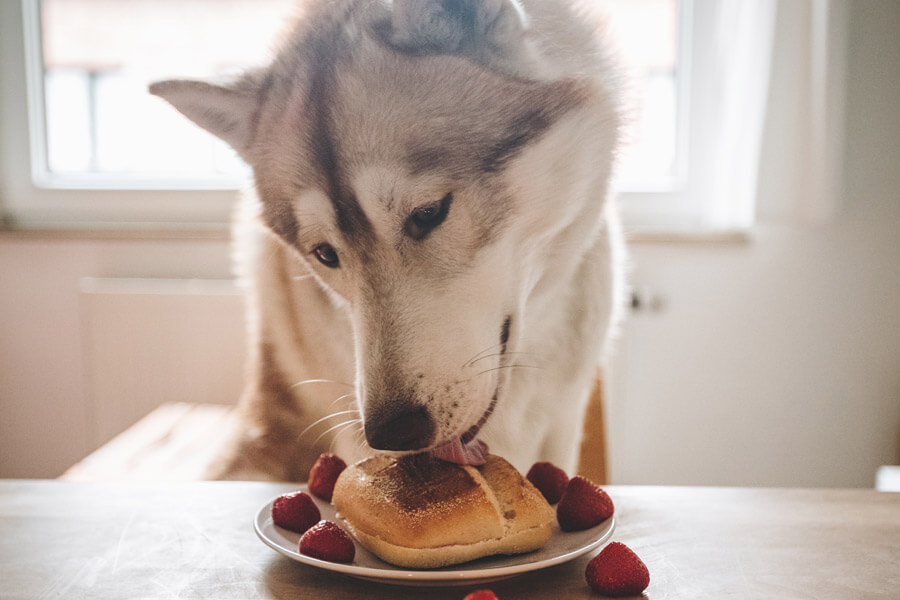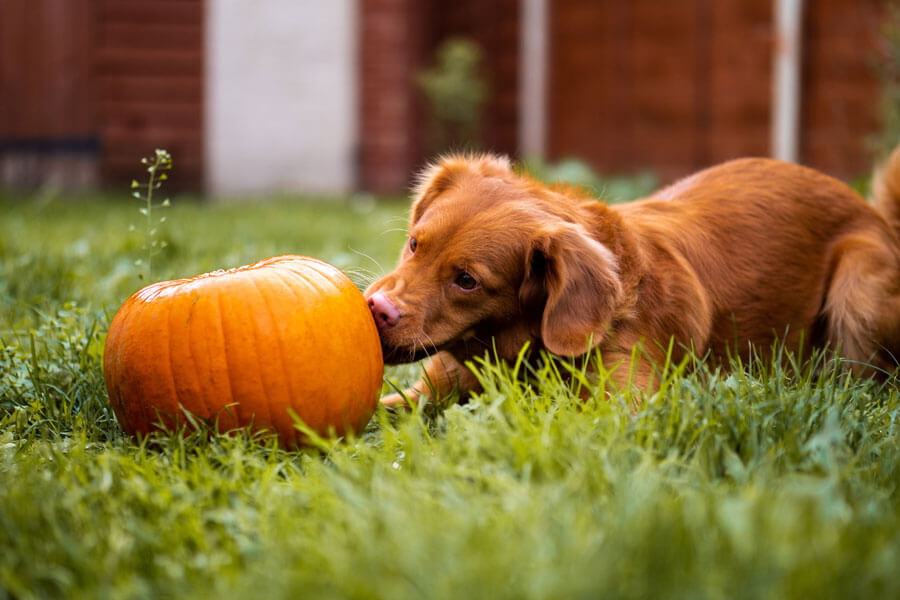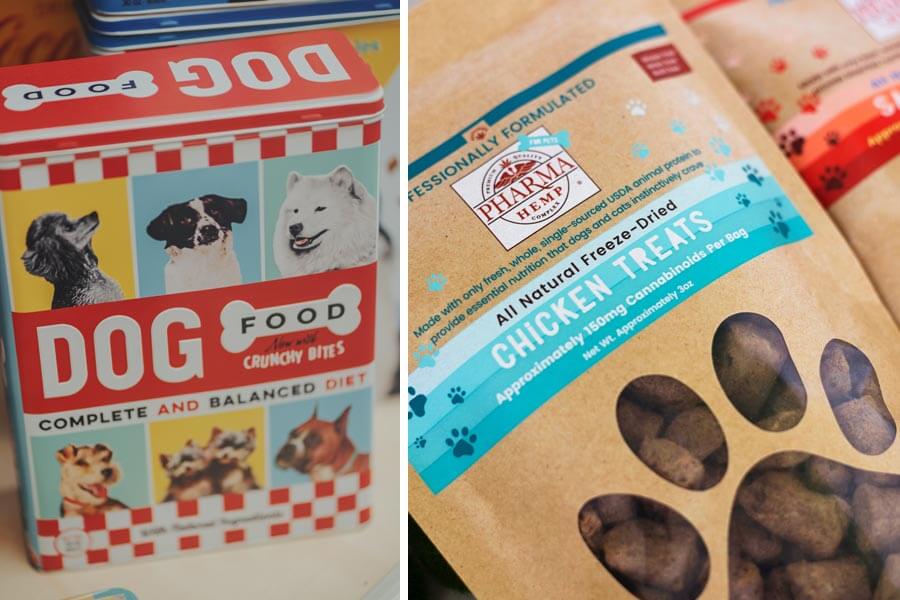How often do clients ask about pet food? After all, it is one of the biggest pet expenses. As a pet professional, you’re well placed to help pet owners cut through the clutter and debunk common pet food myths.
The internet is a great source of information – providing you do your research. Indeed, like many other topics, when it comes to pet food there’s a wealth of tips and facts to be found on the internet. But there’s also a lot of misinformation.
This can leave pet owners overwhelmed and uncertain. What should and shouldn’t they be feeding their pets? Plus, new products on the market and fad diets just add to the confusion.
Let’s take a look at some of the common myths about pet food and how pet professionals can help dispel them.

Myth #1 — Homemade pet food is the healthiest choice
Let’s be frank, homemade pet food is not necessarily the healthiest choice. Unless the pet owner just happens to be a veterinary nutritionist!
Despite the plethora of homemade dog food recipes on the internet, DIY dog food can actually deprive pets of essential nutrients. According to an article in Popular Science, pet owners interested in making their own pet food should seek appropriate expert guidance.
In the article, veterinary nutritionist Jennifer Larsen says, “Nutritional adequacy is lacking in almost all homemade diets found online or in books.”
In a 2013 review of 200 recipes, Jennifer and her colleagues found that just five of the recipes provided the minimum amount of all the essential nutrients for dogs.
It appears that the majority of the recipes lack zinc, choline, copper, and two key omega-3 fatty acids EPA plus DHA.

Myth #2 — Pets love leftovers
Yes, most pets do love leftovers but the problem is leftovers don’t love pets! Some human food is toxic to pets. So if a pet owner tell you they love to feed their dog or cat leftovers, it’s wise to chat through which foods are safe for pets and which are not.
The following foods can be hazardous for pets:
- Chocolate
- Grapes & raisins
- Nutmeg
- Macadamia nuts
- Fatty meats
- Salt
- Onions
- Garlic
- Cooked bones
- Xylitol (artificial sweetener found in sugar-free gum)
Myth #3 — Raw diets are the bee’s knees
According to Banfield Pet Hospital, raw diets aren’t as risk-free as pet owners might think. Yes, dogs love chewing on a raw bone but bones have the potential to break teeth and spread disease and bacteria (salmonella and listeria). Plus they can cause damage to the animal’s gastrointestinal tract.
Similarly, the American Veterinary Medical Association (AVMA) discourages pet owners from feeding animals raw or undercooked protein. It states:
‘Several studies, reported in peer-reviewed scientific journals, demonstrate that raw or undercooked animal-source protein may be contaminated with a variety of pathogenic organisms, including Salmonella spp, Campylobacter spp, Clostridium spp, Escherichia coli, Listeria monocytogenes and enterotoxigenic Staphylococcus aureus.
‘Cats and dogs may develop food-borne illness after being fed animal-source protein contaminated with these organisms if adequate steps are not taken to eliminate pathogens.’
So, if a pet owner tells you they’re feeding their pet a diet that’s based solely on raw protein, take the time to talk through the potential risks of doing so.

Myth #4 — Dry Food is better for dental health
While some dry dog foods claim to offer balanced nutrition to improve the dogs’ dental health, it’s a bit of a myth. In fact, dry food can get stuck in the animal’s teeth — adding to plaque and tartar build-up.
And while those on the other side of the fence might claim that raw bones are the best way to keep a dog’s teeth and gums healthy, likewise meat can get stuck in teeth.
The truth: there are no large, long-term, conclusive studies to prove that either diet is best.

Myth #5 — A vegan diet is good for pets
With more and more humans turning towards veganism, it’s not surprising that a growing number of pet owners are choosing to put their dogs and cats on a vegan diet. The question is… are animals equipped to go meat free?
Wanda McCormick—senior lecturer at the Faculty of Science and Technology, Anglia Ruskin University, UK— explains, “Cats are obligate carnivores, which means they need to eat meat to survive but dogs can, in theory, live on a plant-based diet – though that doesn’t necessarily mean they should.”
It’s important for all pets to eat a well-balanced diet and cutting out entire food groups can sometimes result in a lack of certain nutrients. Unless pet owners have thoroughly done their research and are aware of all the necessary nutrients their pet requires, it’s probably wise to advise against a vegan diet.
Veterinary nutritionist Lisa Freeman says, “in the last few years I’ve seen more cases of nutritional deficiencies due to people feeding unconventional diets, such as unbalanced home-prepared diets, raw diets, vegetarian diets and boutique commercial pet foods.”
Indeed, PETA also highlights, “if a dog receives too little protein, calcium, or vitamin D, his or her health could be jeopardised.”
The last thing a responsible pet owner wants to do is put their pet’s health at risk. If an owner asks you about veganism for pets, perhaps suggest they talk to a veterinary nutritionist before making any changes.
Latest posts by Liz Walden (see all)
- Pet health: Medicinal cannabis for pets - December 27, 2021
- What pet business insurance do I need? - November 17, 2021
- Pet sitters: how to take time off - November 15, 2021










Leave A Comment